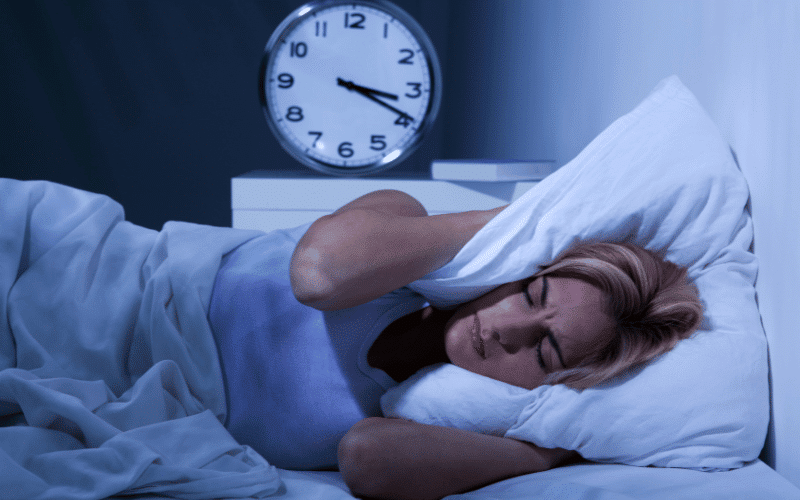Symptom 3. Insomnia or Hypersomnia

Changes in sleep patterns are common among individuals with severe depressive disorder. These changes can manifest as insomnia, where the person struggles to fall asleep or stay asleep, or hypersomnia, where they sleep excessively and struggle to stay awake during the day.
Insomnia can be particularly distressing for people with acute depression, as the lack of restorative sleep can exacerbate other symptoms and make it more difficult to cope with daily stressors. The inability to sleep may stem from racing thoughts, anxiety, or feelings of hopelessness that prevent the individual from relaxing and drifting off to sleep. Insomnia can also lead to irritability and difficulty concentrating, further impacting a person’s overall functioning.
On the other hand, hypersomnia in individuals with acute depression can also be problematic. Excessive sleep may be a form of escape from the emotional pain and distress associated with depression. However, oversleeping can also contribute to feelings of lethargy, disconnection from others, and a lack of motivation to engage in daily activities.
It’s crucial to identify and address sleep disturbances in individuals with acute depression, as improving sleep quality can have a significant impact on overall mental health and well-being. Professional help may be necessary to develop healthy sleep habits and address the underlying causes of sleep disturbances. (3)